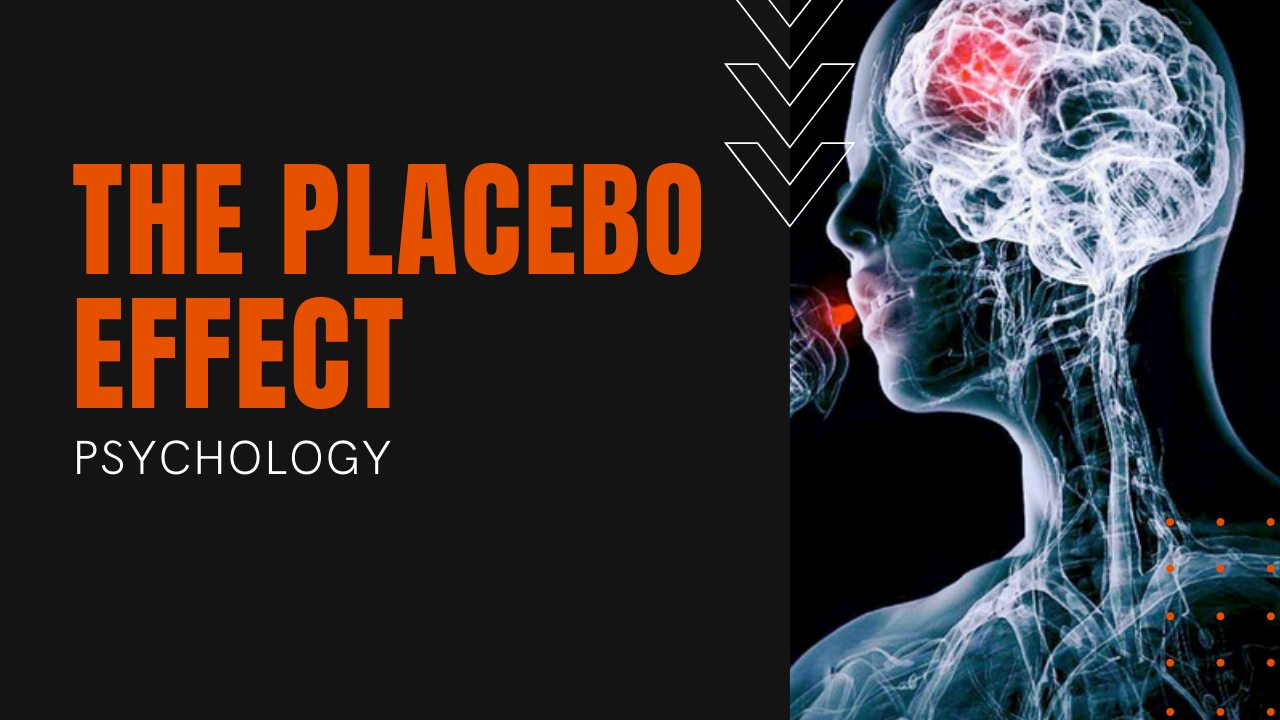The Placebo Effect

One of the great advantages with pain management is that we humans are marvelously suggestible, which is why the well-known placebo effect works.
What is the Placebo Effect?
The placebo effect is when a successful treatment of a patient’s diagnosis cannot be attributed to the method of the treatment itself, but the patient’s belief in its healing properties.
The placebo effect has been around for a long time, stemming from a Latin term meaning “to please.” Nobody quite knows why placebos work, but they have proven to be miraculously effective.
In one experiment, patients who had just had a wisdom tooth removed had their faces massaged with an ultrasound device reporting feeling overwhelmingly better, no matter whether the machine was turned on or off.
Other studies have shown that patients given a colored tablet with rounded corners reported feeling better than patients who were given a plain white tablet with 90-degree corners. Red pills were deemed more fast-acting than white pills, while green and blue pills had a more soothing effect.
Patrick Wall, in his book entitled Pain, reported how one doctor got good results from handing his patients pills held in a forceps, explaining that they were too potent to be held by bare fingers. Even more impressive, placebos remain effective even when people know they’re placebos.
Ted Kaptchuk of Harvard Medical School gave people suffering from irritable bowel syndrome sugar pills and told them that the pills were just that. Even so, 59 percent of those tested reported relief from symptoms.
The one problem with placebos is that while they are often effective for matters over which our mind has some control, they can’t help with problems that lie below the conscious level.
Placebos don’t shrink tumors or banish plaque from narrowed arteries. But then again, neither do more aggressive painkillers, and given the many adverse events caused by pharmacologic drugs, at least a placebo has never sent a patient to an early grave.
